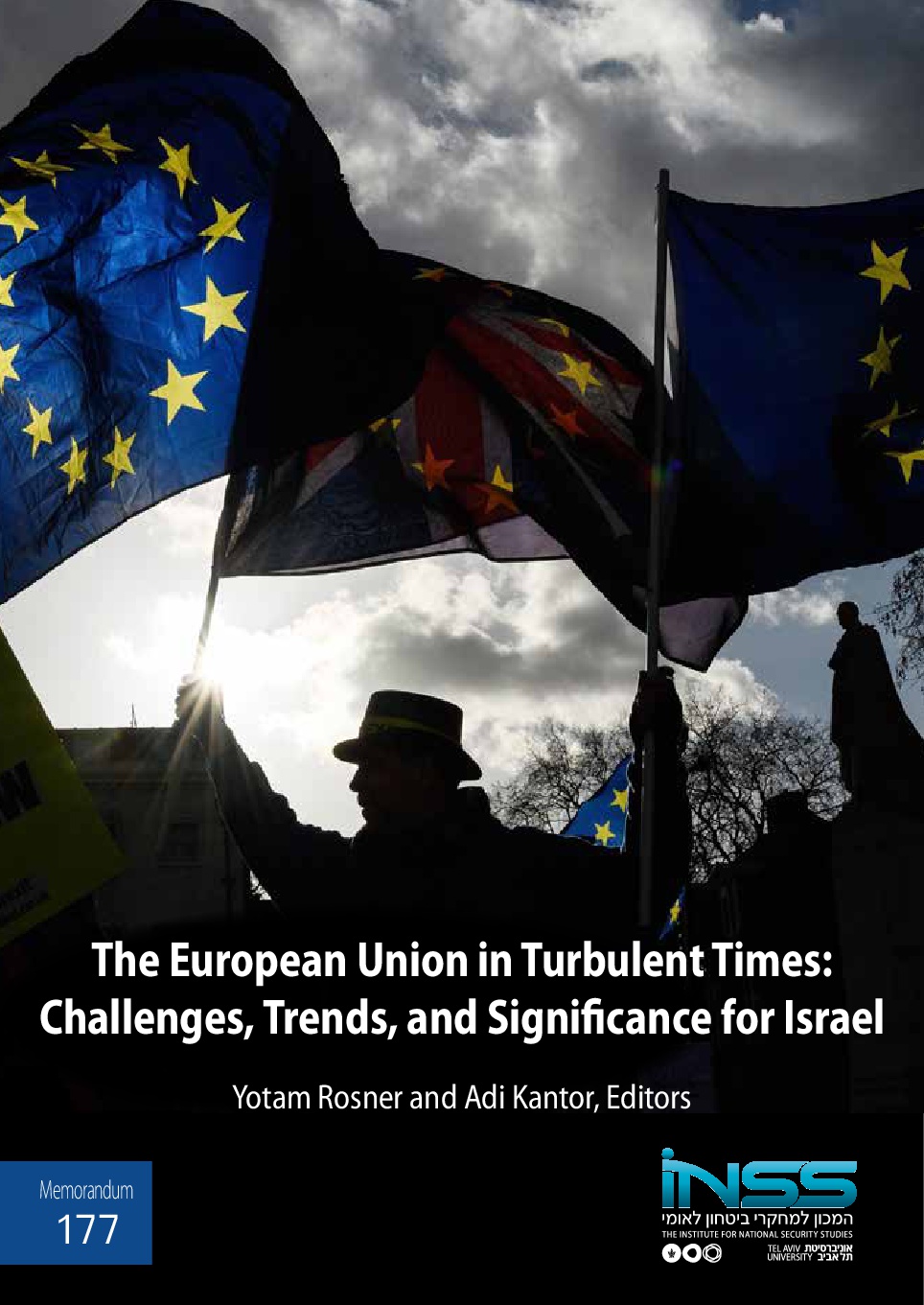Publications
Memorandum No. 175, INSS, Tel-Aviv, June 2018

Various motives have led the EU to strengthen its relations with the Gulf Cooperation Council (GCC), the regional bloc that includes Saudi Arabia, the United Arab Emirates (UAE), Bahrain, Qatar, Oman, and Kuwait. To this end, the EU has over the years even presented a long list of diplomatic initiatives and policy measures. However, despite the potential for stronger relations, achievements have been limited and many of the initiatives never bore fruit. Consequently, notwithstanding the strategic importance of the Gulf, the European role there remains limited. The factors behind the unrealized potential include the difficulty in formulating an accepted European-Gulf foreign policy; the preference of both sides for bilateral rather than multilateral ties; and perhaps most of all, the leading US role in the Gulf; the ethical and normative differences between the sides; and the gradual warming of relations between some European countries and Iran following the signing of the nuclear agreement with the superpowers in 2015. The essay analyzes the development of Euro-Gulf relations since the founding of the GCC, and focuses on the three latter factors. It examines the common interests of the sides and assesses the ability of the EU, as a bloc and as individual countries, to deepen its involvement in the Gulf, beyond the economic relationship that so far has formed the basis for relations.


